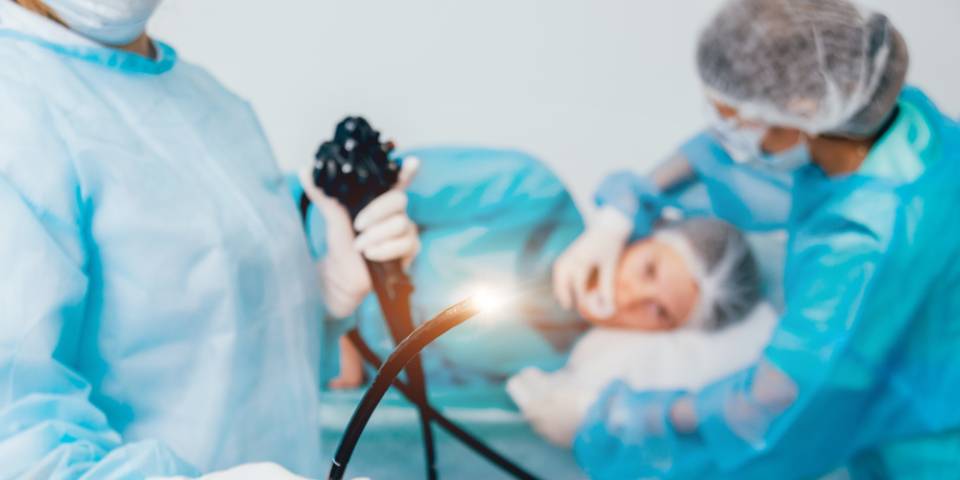
- October 11, 2022
- Dr. Vikrant Kale
- 0 Comments
- Latest Blogs
What You Should Know About Endoscopy
What is Endoscopy?
Endoscopy is usually suggested by a gastroenterologist when a visual evaluation will help analyze and treat signs associated with abdominal pain, nausea, vomiting, difficulty consuming, gastroesophageal reflux, unexplained weight loss, anemia, and gastrointestinal bleeding.
With this procedure, a gastroenterologist can notice your body’s internal organs such as the stomach or colon for an accurate diagnosis of your signs and treatment options.
An endoscopy is performed with a lighted, adjustable tube (called an endoscope) that allows the physician to get a clear view of the esophagus, stomach, and duodenum. It’s more accurate than an X-ray for detecting inflammations and smaller anomalies such as ulcers and tumors.
The vast capabilities of endoscopy have dramatically decreased the need for transfusions and multiple surgeries, says Dr. Vikrant Kale at Kaizen Gastro Care. In this blog, Dr. Vikrant Kale has given an overview of the endoscopy procedure, how to prepare it, and its benefits of it. He is a renowned gastroenterologist in PCMC & Pune.
Types of Endoscopy:
Why Do I Need an Endoscopy?
A gastroenterologist will often recommend endoscopy to evaluate:
- Stomach pain
- Ulcers, gastritis, or difficulty consuming
- Changes in bowel habitat
- Polyps
- Growths in the colon
- Bleeding in the digestive tract
How Is an Endoscopic Procedure Performed?
Dr. Vikrant Kale, an endoscopic test is usually performed on an outpatient basis at our Kaizen Gastro Care Clinic. While patients are usually semi-conscious throughout the test, a local narcotic is helped to numb the throat and relax the gag reflexes. Dr. Vikrant Kale is usually given to help patients remain comfortable and relaxed.
Patients generally lie on their side or back while the tube is gently inserted down the esophagus and into the abdomen. Air is passed via the tube to increase the upper intestinal area. This procedure permits the small video camera to share images for the gastroenterologist to view.
How to prepare for an Endoscopy?
Your treating gastroenterologist will give you detailed instructions on how to prepare for the kind of endoscopy you’re having. It’s important that you follow these instructions exactly for your security and to avoid any hesitation in having your method.
Depending on the type of endoscopy, you may be asked to fast from food for at least 6 to 8 hours and fast from drinks for 2 to 4 hours before the test. Don’t quit taking any prescribed medicine unless your physician tells you to.
Benefits of Endoscopy:
Endoscopy is one of the best methods to help your physician determine a problem in your digestive system. This permits them to provide proper medication without conducting any surgery on your stomach.
Here are some benefits of endoscopy:
- Doesn’t cause any pain
- Takes less time
- Bits of help get diagnosis
Recovery After Endoscopy:
After the process, patients will rest in a recovery room for 30 minutes to an hour while the immediate results of the sedative wear off. Patients may experience some nausea and a bloated sensation from extra air remaining in the abdomen. Each person’s recovery time will change, depending on the type of endoscopic method and the amount of anesthesia. Follow all instructions and call your gastroenterologist about any difficulties, such as fever or bleeding.
If you’re searching for quality endoscopy doctors in Pune, then don’t scroll past Endoscopy at Kaizen Gastro Care. We have provided the best endoscopy services in PCMC, Pune.
Dr. Vikrant Kale is a specialist gastroenterologist dedicated to providing the highest quality endoscopy expertise. Call us today at 09763635252 / 07558423708 to make book an appointment.

